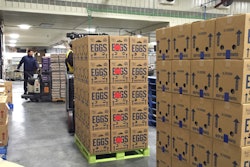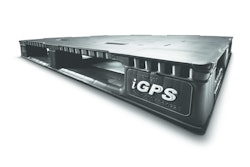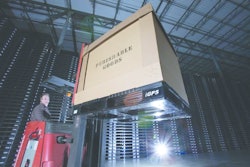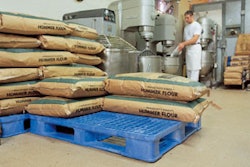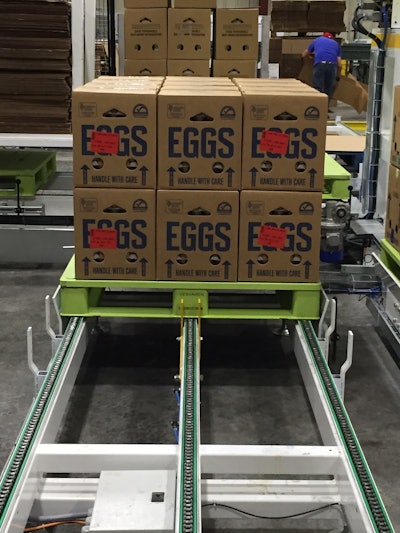
While the Food Safety Modernization Act (FSMA) has focused much attention on sanitation and traceability in the food supply chain, when it comes to pallets, these are only some of the concerns facing today’s food supply chain decision makers, according to an article in the May Food Logistics.
The FSMA requires that transportation equipment is adequately cleanable for intended use to prevent food from becoming contaminated. The law’s recordkeeping requirements are also expected to encourage pallet users to ask suppliers to provide more information about their manufacturing and delivery processes.
Beyond legal requirements, food and beverage (f&b) companies are looking to validate safety and quality assurance programs in their supply chains. Hence, companies are requiring pallet suppliers to verify that they have safety and quality control systems in place.
The SKU explosion is also having an impact on pallets since f&b manufacturers are introducing a larger variety of products that have different packaging and handling needs. Pallet suppliers say f&b products sometimes require customized pallets.
The growth of automation in food manufacturing and distribution has also impacted pallet configurations in some situations.
To read more, click here.




